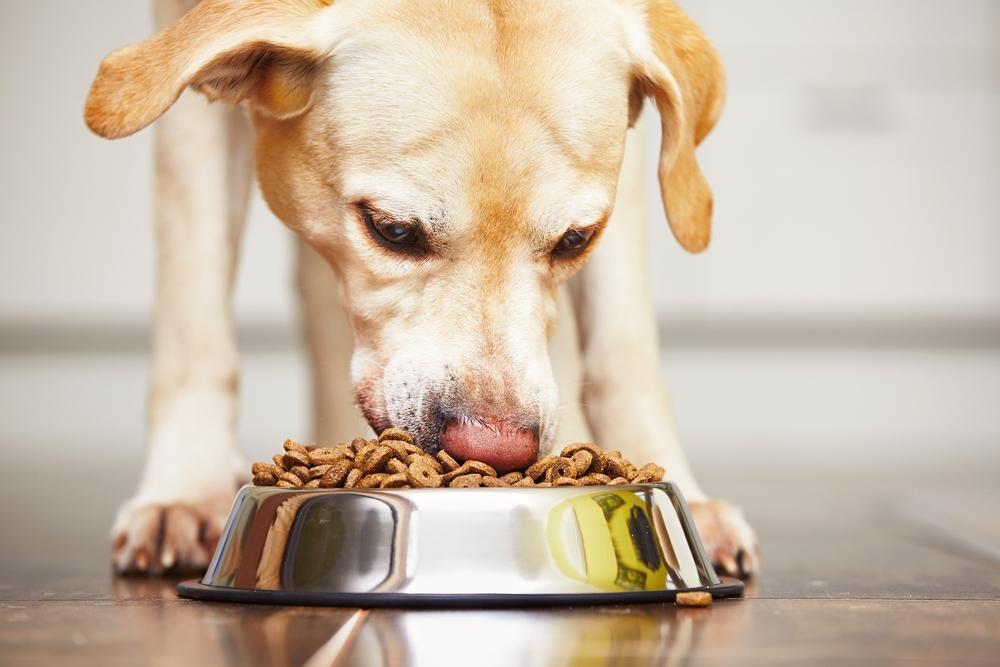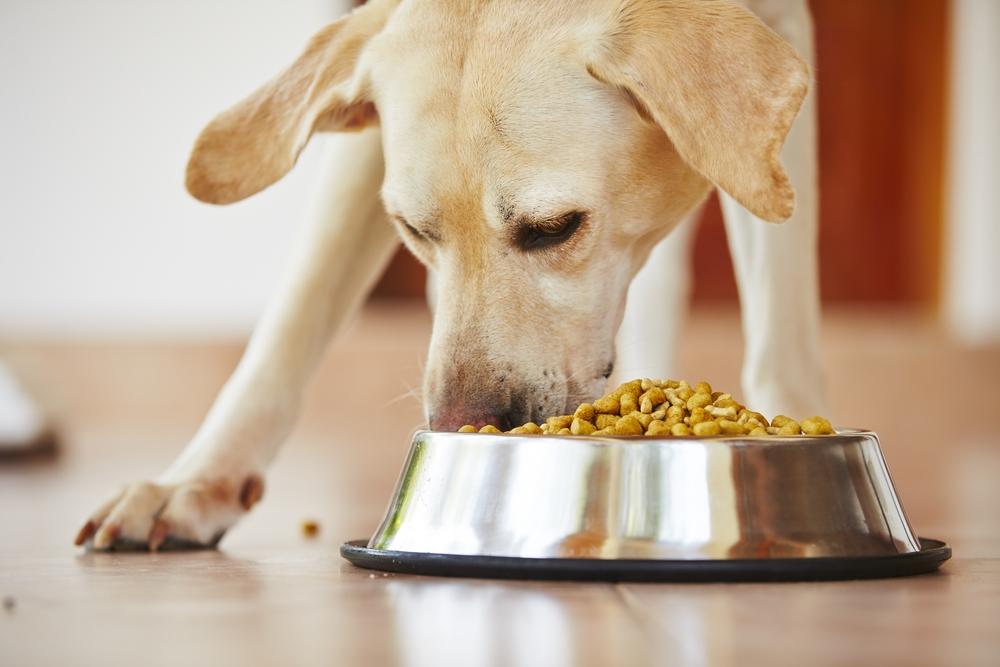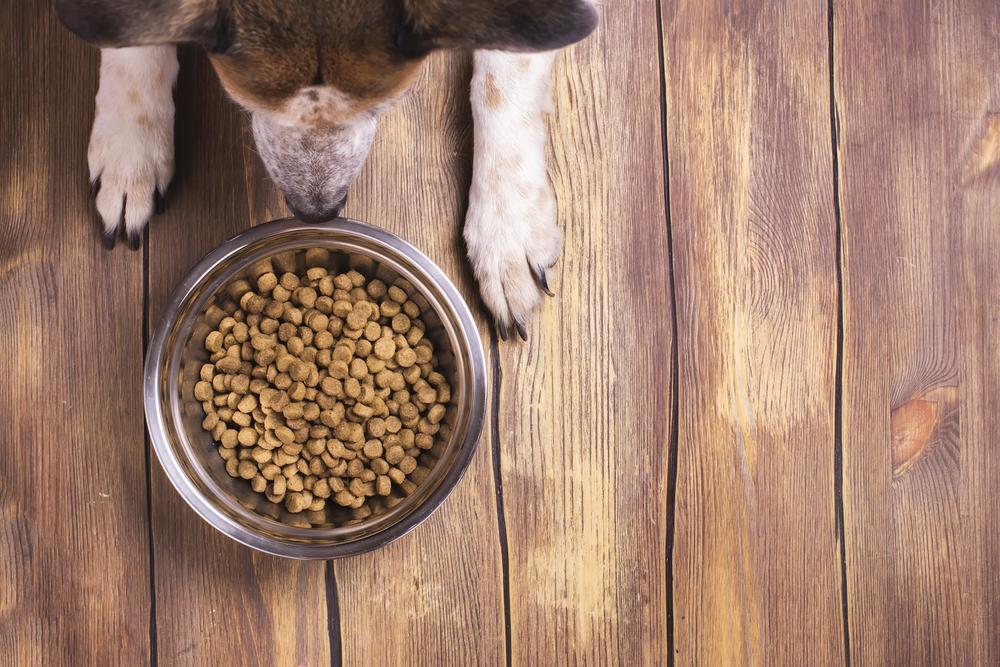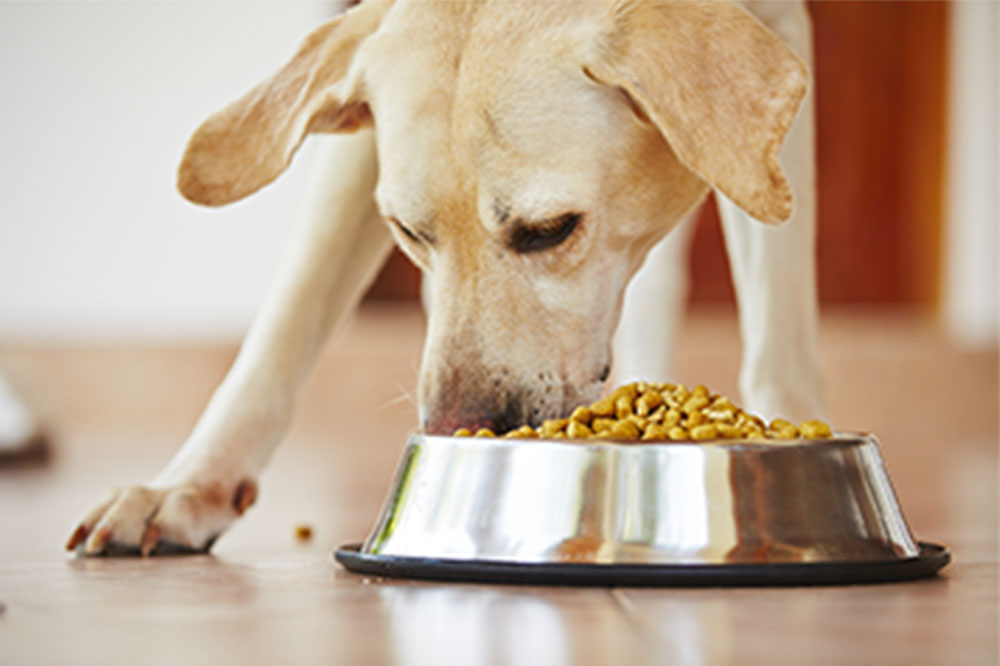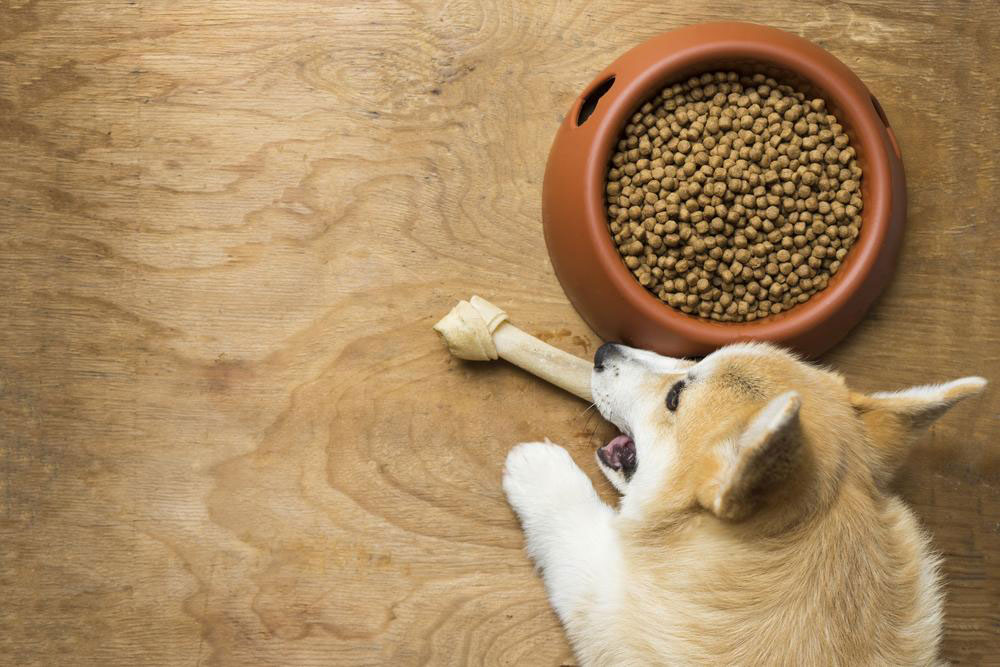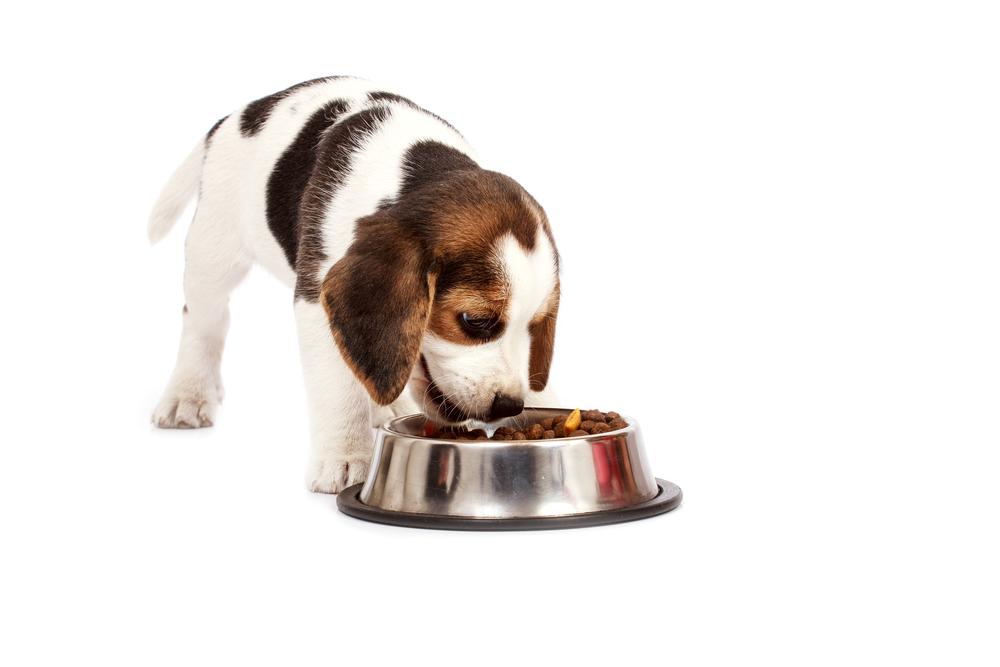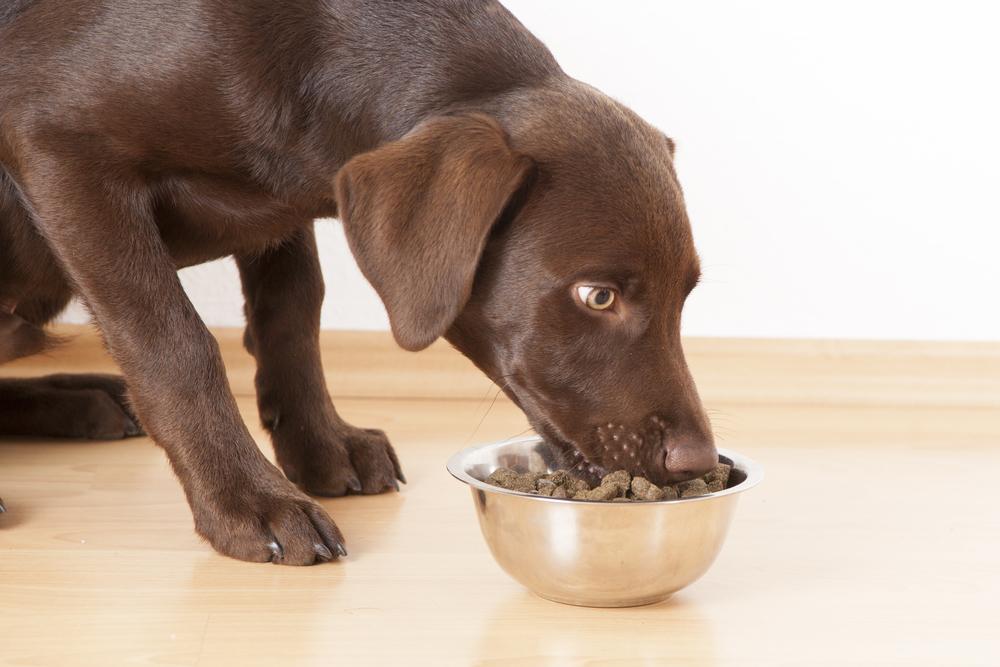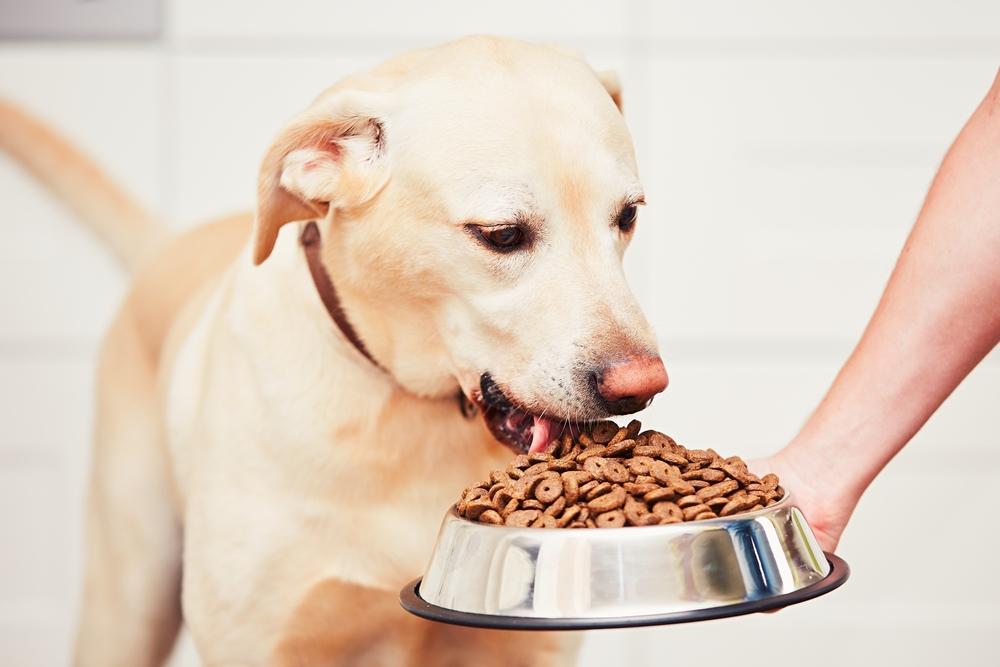Managing Digestive Sensitivities in Dogs: Tips for Pet Owners
Learn effective ways to manage and prevent stomach sensitivities in dogs with simple diet adjustments, quality nutrition, and regular exercise. This guide helps pet owners support their dogs' digestive health naturally and safely.
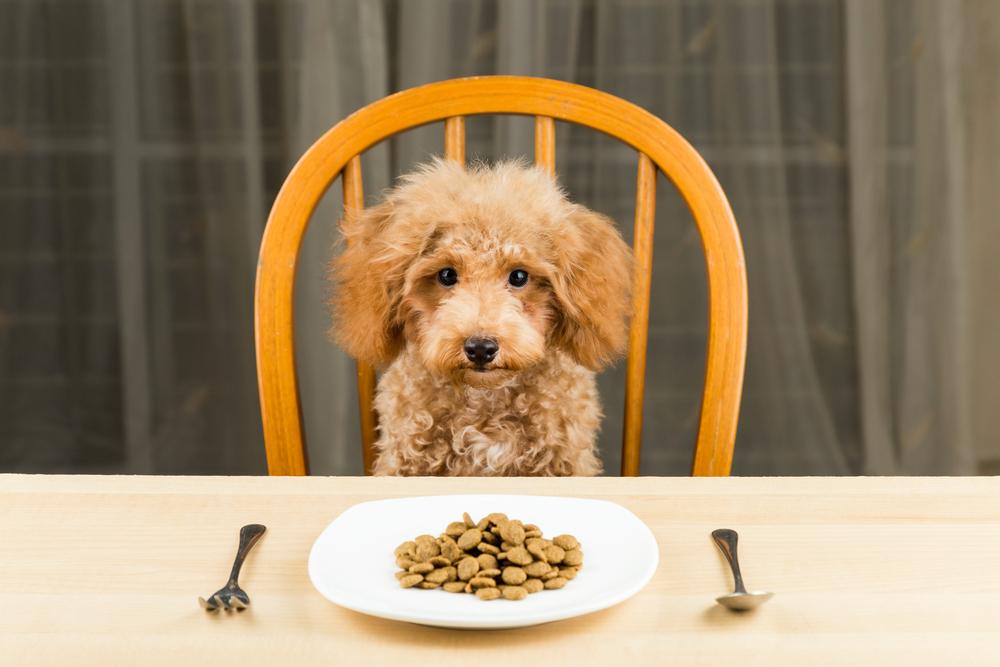
Managing Digestive Sensitivities in Dogs: Tips for Pet Owners
Many dogs are prone to eating things they shouldn’t, especially during walks, leading to digestive discomfort. Not all breeds are equally resilient, but consuming improper foods often causes stomach issues. Recognizing symptoms like irregular diarrhea, occasional vomiting, and excessive gas is crucial. To help your dog stay healthy, selecting the right food specifically formulated for sensitive stomachs is essential. Proper diet management and exercise can significantly improve a dog’s digestive health.
Intermittent loose stools
Occasional vomiting
Excessive flatulence
Understanding Sensitive Stomach Issues
Some dogs have a limited ability to handle diverse diets with many ingredients, leading to stomach sensitivities. Avoid feeding them spicy, processed, or complex foods like onions or chili, which can aggravate these problems. Instead, stick to a simple, high-quality diet to promote digestive health and prevent discomfort.
Strategies to Support a Healthy Digestive System:
Simplify your dog's diet
Reduce complexity by eliminating unnecessary ingredients. Focus on a balanced, nutrient-rich diet with quality ingredients to support digestion naturally.
Monitor the quality of food
Ensure the food contains wholesome ingredients that promote digestive health. Avoid low-quality or filler-laden foods, which can cause problems and exacerbate sensitive stomach issues.
Increase dietary fiber
Incorporate both soluble and insoluble fiber sources, which aid digestion and promote gut health. Opt for foods rich in antioxidants and essential vitamins such as A, C, and E, along with minerals like selenium.
Implement gradual diet changes
When switching foods, do so gradually to prevent upset stomachs. Offer multiple small meals daily to ensure hydration and ease digestion. Avoid heavy or rich meals if your dog shows signs of upset.
Encourage regular walks
Daily exercise helps regulate digestion and prevents overeating. Aim for at least a mile walk to maintain a healthy gut and reduce excess tummy troubles after meals. Consistent activity supports long-term digestive wellness.

